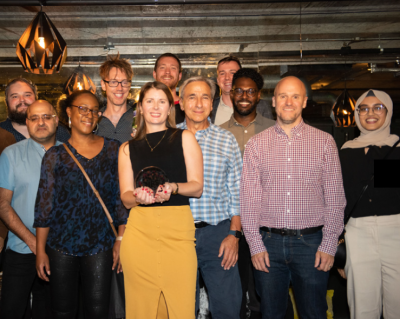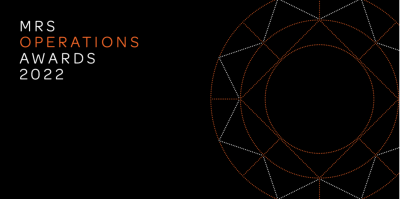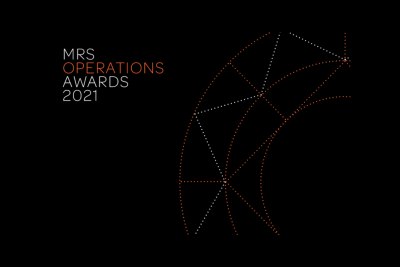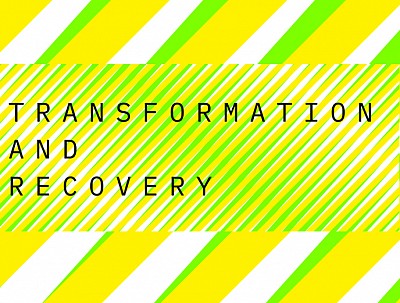A couple of weeks ago, I attended the MRS Conference, Impact 2021. As a first-time attendee of Impact, I had no previous experience of physically participating in the conference, but throughout the three days, it never felt like I was missing out on anything by not being there in person. Before I get into my takeaways, I just wanted to mention how smoothly the whole conference was run on the Hopin virtual platform and how enjoyable the whole event was (not having to dress to impress might have played a tiny factor into this!). Especially with the networking feature on the platform which paired you up with a random person to chat to for a short period of time, there was that same feeling of sitting next to a new person in a conference hall and having a conversation before having to eventually quieten down for the upcoming panel.
Here are some of my key takeaways from the 3 days at the conference:
- Greenwashing
This is a new term that I came across during the climate change + sustainability debate on Day 3 chaired by Jem Fawcus, the founding member of the Insight Climate Collective - a group that aims to formulate systematic solutions to sustainability challenges. Greenwashing is the process of conveying a false impression of how environmentally friendly a company’s products and policies are as a form of marketing. We at Cobalt Sky have been discussing sustainability within the organisation, especially with our very own MD Rebecca Cole sitting on the MRS Sustainability Council and observing a session on this topic was very insightful. Some of the matters discussed included employees/employers shunning pension funds that invest in unethical practices such as fossil fuels, mining and quarrying, opting instead to go for greener more socially conscious alternatives. As well as this, agencies are thinking more about the negative externalities of research proposals on sustainability from the get-go - for example, could a drinks campaign lead to an extra million plastic bottles being produced?
- Diversity, Inclusion and Equality
DI&E was a running theme throughout the conference with it being a main topic in several sessions. It was refreshing to hear about this subject from a multitude of different perspectives about not only diversity within the people who work in the industry itself, but also the diverse representation in the research that we carry out and what we can do to pull down barriers to make the voices of minority groups more accessible. Just recently, there has been news that the government will be abandoning the use of the term BAME (Black, Asian and minority ethnic) due to its problematic nature of grouping individual experiences of a range of communities under one blanket term. Could this be something that the market research industry could also adopt? To read more about DI&E at Impact 2021, please check out this article.
- ‘Freedom of speech does not equal freedom of reach’
Andréa Mallard, the Chief Marketing Officer of Pinterest, mentioned the above when asked about how Pinterest tackles malicious content and how the algorithm should not reward users that abuse the function of the platform. She also spoke at length about how Pinterest aims to be a corner of the internet that designs positivity, instead of only focussing on removing negativity. Something else that was discussed was Pinterest’s future trend report, a report that predicts what the next big thing will be in 2021 - from ‘vibey lights’ to the ‘Japandi aesthetic’. You can find the complete report here, with the foreword authored by Andréa Mallard herself.
- ‘We need to stop talking about change’
When I read the name of this session by Ben Page, CEO of Ipsos Mori, I was intrigued and quickly put it down as a talk that I definitely wanted to attend. Ben talked about how people’s values aren’t so easily changed (the percentage of people worried about data privacy in 1992 vs now hasn’t changed all that much!), and that there is an infatuation with new worries when in fact “Covid has revealed and accelerated old trends, not created new ones”. These old trends include more life online, death of the high street, trust in science, brands with increased political presence. He also mentioned that nostalgia has been a huge trend this past year - this reflected a key point in a case study by Spotify and Sparkler on Day 1 of the conference, where they had noticed a massive increase in the number of playlists created by users centred around the theme of nostalgia and reminiscing on ‘better times’.
All in all, I had a great three days sitting in on a myriad of panels, debates and case studies, and peeking into the minds of a number of people from different backgrounds. What this conference proved is that whilst we are all hoping next year will be IRL and we can go to the pub, the virtual aspect not only worked seamlessly, but also allowed many people to attend who may not have been able to in person. Perhaps Impact of the future could be a hybrid event, mixing in-person conferences with the technology used this year to cater to at-home audiences too.







